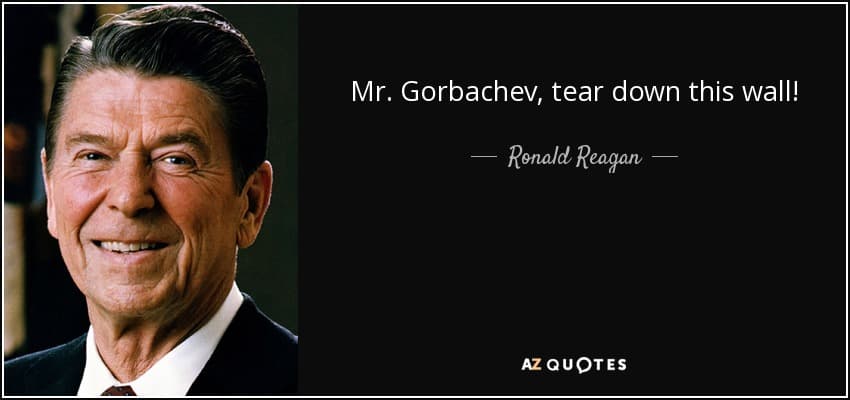Engaging Cold War Quotes and Their Historical Significance

The Cold War: When the world was a chess board of nations, and the game was always in stalemate.
In the Cold War, we were taught that in the face of the unknown, we should always expect a Soviet.
The Cold War wasn’t really about nuclear weapons. It was about the human heart.
The only thing warmer during the Cold War were the nuclear cores.
The Cold War: a battle not fought with soldiers and tanks, but with secrets and spies.
In the playground of nations, the Cold War was the longest recess.
The Cold War, where the world was a ping pong table, and nations were but pawns.
The Cold War was a race, where everyone was running, but no one knew the finish line.
During the Cold War, the weapons were silent but deadly thoughts that could destroy the world.
In the shadow of the Cold War, we danced on the edge of the apocalypse.
Cold War: a war where the battlefield was the mind and propaganda, the most dangerous weapon.
The Cold War was a clash of ideologies that nearly turned the Earth into a nuclear wasteland.
Once upon a time in the Cold War, every word could be the spark that lights the world on fire.
The Cold War: a silent opera where every nation played its part.
Building walls or tearing them down, that’s what the Cold War was all about.
The Cold War: an era when silence was the loudest noise.
The Cold War may have been cold, but the fear was palpable.
Engaging Cold War Quotes and Their Historical Significance part 2
In the Cold War, the real enemy was not the one across the ocean, but our own fear.
The Cold War: when words and ideas were just as deadly as bullets and bombs.
No shots were fired in the Cold War, but the echoes are still heard today.
The Cold War was not a fight between the weak and the mighty but a struggle of wills, faith, and ideologies.
Even the most powerful nuclear weapon is not as robust as the desire for peace.
Cold as a draped gun in the heart of conflict: such was the nature of the Cold War.
In the silent chess of the Cold War, nations were pawns and ideology the king.
The embers of the Cold War may have dwindled, but the ashes of its memory remain bitter.
The Cold War: A battle where the weapons were words and the fallout, ideology.
During the Cold War, fear was a more potent weapon than any missile.
The only victor in the Cold War was the poised, patient presence of peace.
The Iron Curtain was not just a physical boundary, but a chilling symbol of ideological divide.
The Cold War was a frost that brought a long political winter.
In the shadow of the Cold War, the world learned to hold its breath.
The bullets in the Cold War may not have been physical, but they left lasting mental scars.
The Cold War was a war of whispers and secrets, silently echoing across the world.
The echoes of the Cold War still resound in the world’s politics, no war ever truly ends.
Silent battles, fought in shadows: the emblem of the Cold War.
Shielded by the walls of ideologies, we found ourselves in the quiet turbulence of the Cold War.
Sometimes the quietest wars, like the Cold War, make the loudest echoes.
The stalemate of the Cold War reflected not walls of concrete, but walls of mindset.
The Cold War: the opposite of armed conflict, not peace but a harsh silence.
In the Cold War, our enemies were not nations but notions.
The first Cold War was about Freedom vs. Communism, the second one is about Democracy vs. Authoritarianism.
You cannot shake hands with a clenched fist. The cold war taught us those principles all too well.
Cold War is the silent battle of ideologies, where victory comes in the form of minds, not territories.
The Cold War: A battle fought to stay in the mind, rather than to stay on the map.
Such is the ghostly, surreal world of the Cold War where truths are strategic illusions, and falsehoods real as the shrapnel.
The Cold War was a war of nations unlike any the world had ever seen. It was a war of the mind.
Two supreme powers, fifty years of tension, invisible battle lines ? welcome to the Cold War.
In the cold war, we believed in the power of words, not bullets.
A cold war isn’t measured by weapons amassed, but rather ideologies clashed.
The Cold War was fought with minds, not missiles; ideologies, not invasions.
During a cold war, peace isn?t a herald of friendship, but the calmest part of the storm.
Cold War isn’t won by tanks or missiles, it’s won by the the stroke of pens on policies.
Propaganda was the sword, and fear was the shield: Such are the spoils of a Cold War.
A cold war is won by those who refuse to frost their hearts even in the harshest winter.
The Cold War wasn’t a physical fight, but a chess match from across the globe.